After a shock vote to leave the EU, British consumers and businesses are nervously watching the horizon for the first signs of a downturn.
Many — including the country's finance minister George Osborne who warned it won't be "plain sailing ahead." — are expecting a recession for the country following the vote. Goldman Sachs said in a note Monday that it was predicting a "mild recession" in 2017.
But, what could be the first signs that a contraction is imminent?
Ad spend
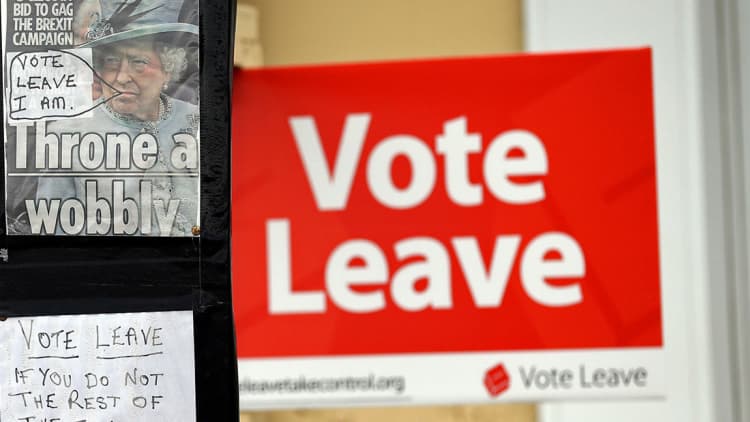
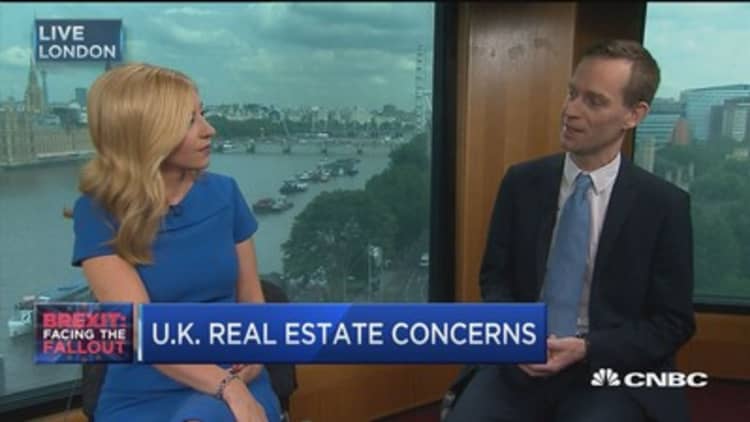
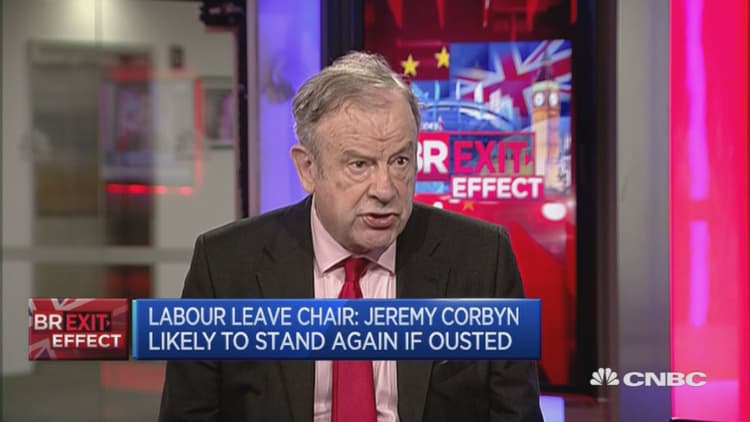
Martin Sorrell, chief executive of WPP, the world's largest communications services group, believes advertising tends to be the "canary in the coal mine" when it comes to a dip.
"On the upturn, it usually follows as people only increase spending when they are sure of recovery. No signs of cutting yet, although the U.K. slowed after the Brexit referendum was first announced," he told CNBC via email.
With advertising spend not usually calculated monthly like some other data points, notable research could come from the the U.K.'s Internet Advertising Bureau (IAB). The trade association state that the advertising industry is currently in good health and grew by 7.5 percent in 2015. The bureau even predicts that the advertising could still during a downturn.
"The most recent comparable situation to this was the recession caused by the credit crunch in 2008, when digital advertising still grew 5.7 percent year-on-year, so while conditions may be tough in the short to medium term, there is a history of growth in challenging times," Tim Elkington, the chief strategy officer at IAB U.K. told CNBC via email.
Mortgages
Others predicts the housing market could be the first sign. The market - especially in London - has seen surging price growth in recent years and some statistics were showing some cooling in prime London properties, even before the vote.
James Knightley, the U.K. economist at ING, believes that mortgage approvals are a good figure to look at. He added that this would be a starting point for a downturn in the property market alongside the new buyer enquiries figure within the RICS (Royal Institution of Chartered Surveyors) report.
May approval numbers from high street banks were announced on Friday shortly after the Brexit result. The BBA (British Bankers' Association) figures showed a bounced back a little in May, from the previous month, but are still some 2 percent lower than in May 2015. The numbers have fluctuated steadily for the last three years but, nonetheless, any impact won't be seen until the July numbers released at the end of August.
"(These numbers) would feed through into lower property prices and weaker construction. Anecdotally, the estate agents have been talking about a downturn," Knightley added.
Business hiring
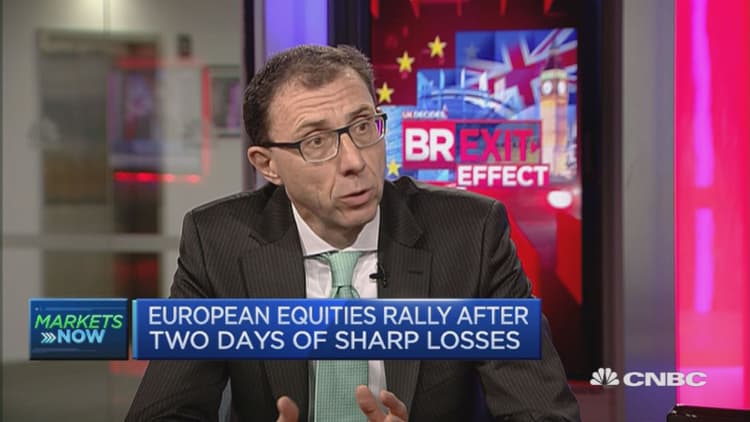
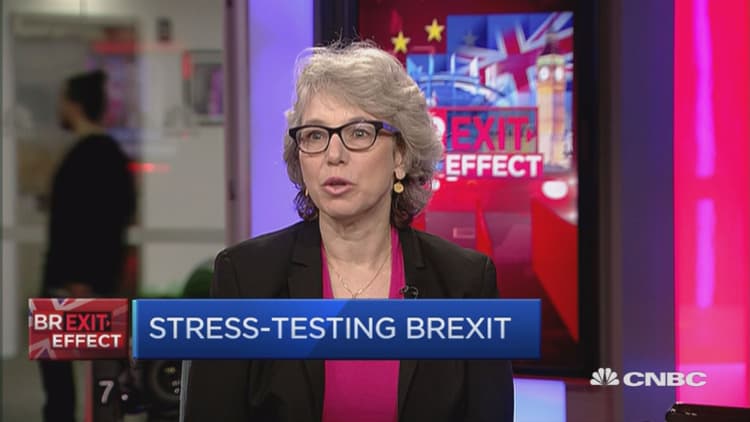
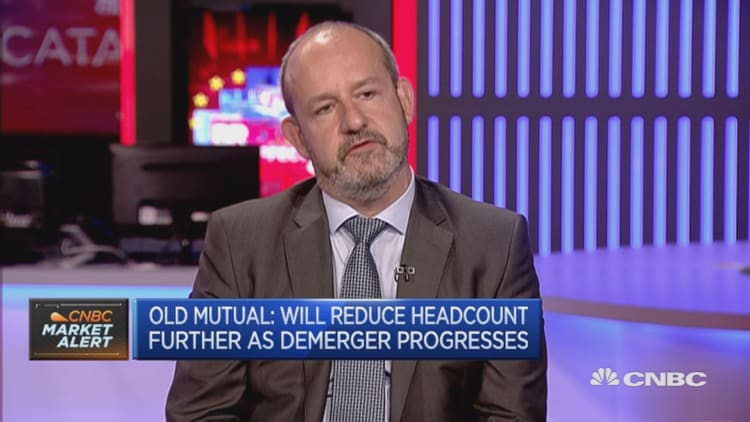
One survey this week has already shone a light on British business and their plans in a post-Brexit environment, or at least the interim period of uncertainty until the U.K. knows more about its future outside of the EU.
A poll by the Institute of Directors (IoD) on Monday showed that nearly two-thirds of 1,092 members think the result is negative for their business, with 24 percent expecting to put a freeze on recruitment, and 5 percent expecting to make redundancies.
Meanwhile, an anecdotal comment from Erik Nielsen, global chief economist at UniCredit, on Sunday also did little to lighten the mood that businesses will be largely unaffected for the next few months.
"My neighbor here in Chiswick (London), who runs a small IT company catering predominantly to the financial and legal industries, told me this morning that virtually his entire order book was canceled on Friday by clients who are putting their projects on hold," he said in a note.
"For everyone of these 'micro disasters', there needs to be an SME (small to medium-sized business) in north England who expands his book because of the supposedly good news of Brexit. I'll venture a guess: It won't happen."


